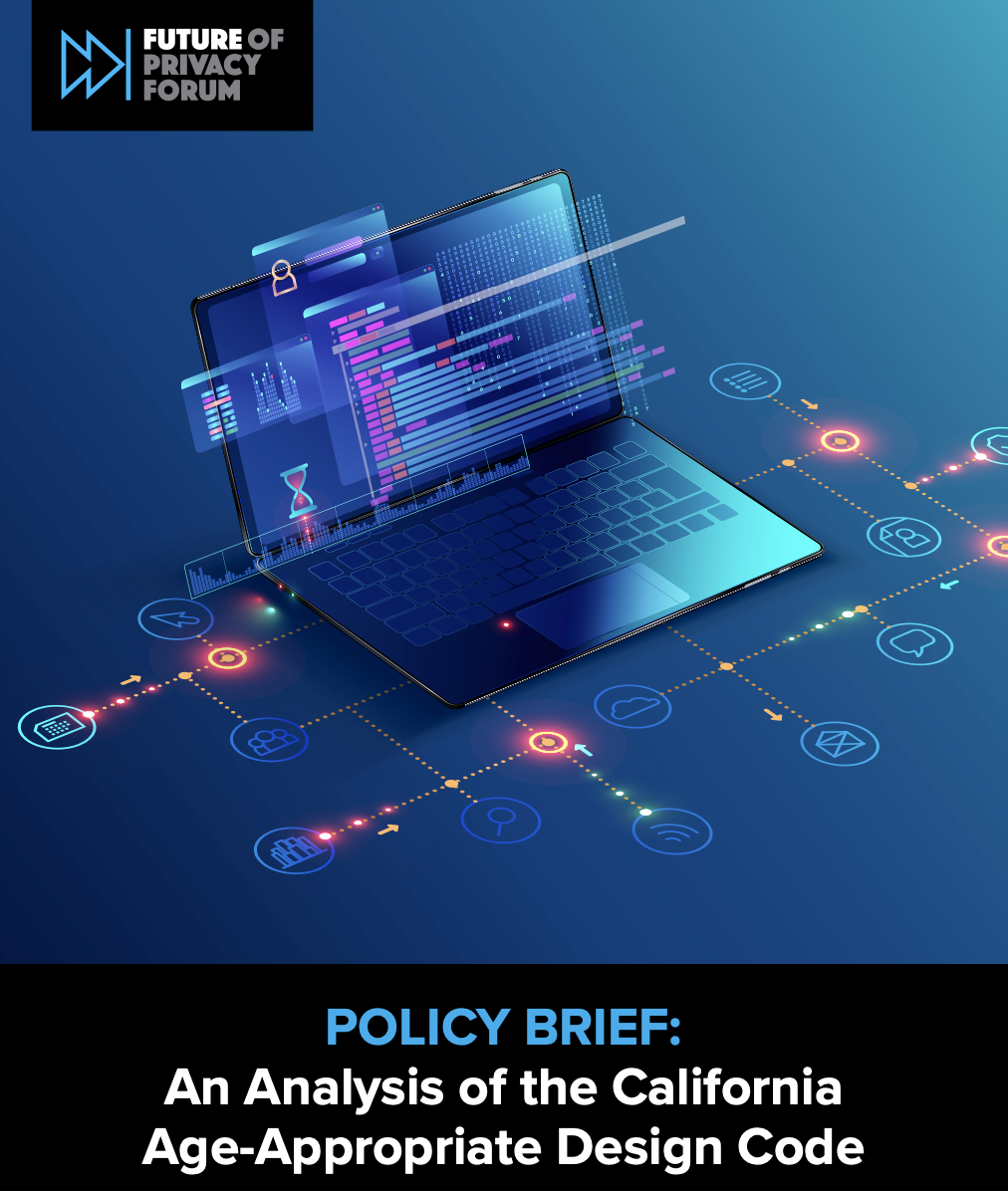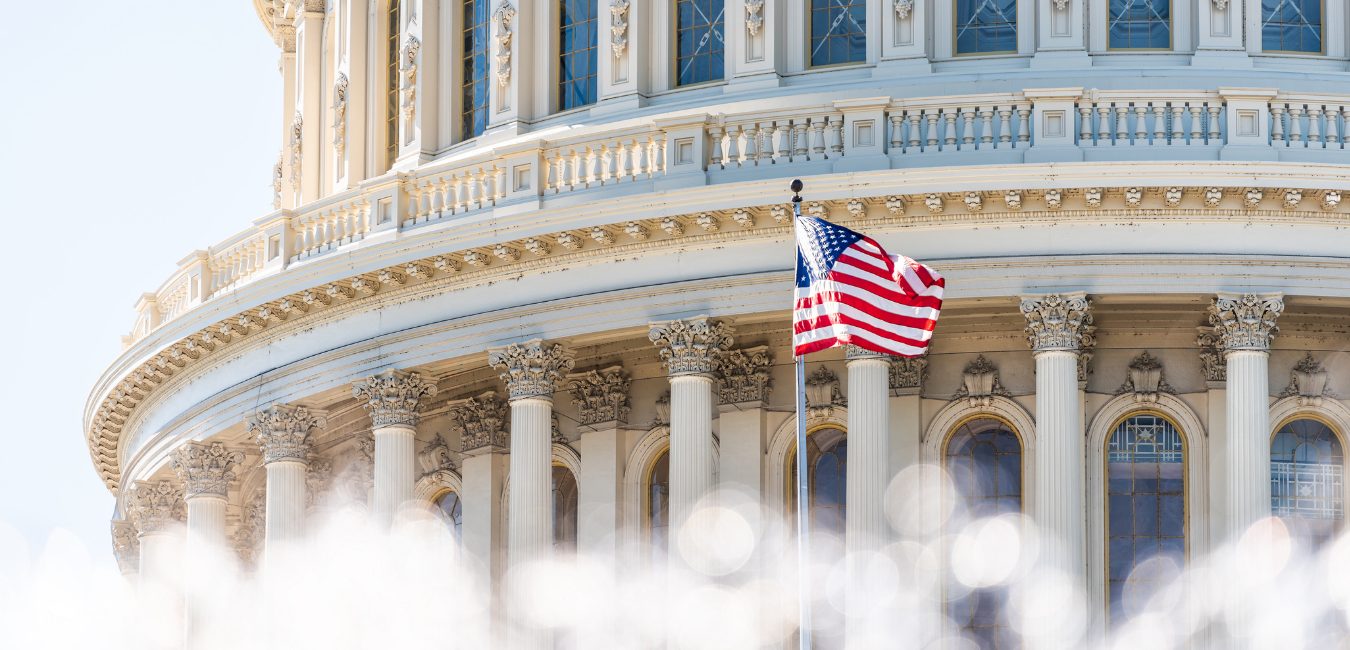
Privacy Book Club: The Twenty-Six Words that Created the Internet
As requested by a number of readers, we discussed The Twenty-Six Words That Created the Internet by Jeff Kosseff. The author joined our discussion.

Immersive Technology: Use and Privacy
The use of augmented reality, virtual reality, and emerging immersive technology are growing rapidly in an increasing number of areas outside of the gaming industry. This technology has opened new approaches to training, journalism, tourism, and healthcare including mental health reaping tremendous benefits. Along with these benefits, though, comes the realization that much can be […]

Privacy & Pandemics: Corporate Data Sharing Workshop
Privacy and civil liberties are increasingly a point of inflection as efforts to collect and use population data to contain, mitigate and fight the spread of the COVID-19 virus are launched. FPF’s invite-only informal Privacy Pandemic: Corporate Data Sharing Workshop will address issues arising out of the quest to preserve our civil liberties and democratic […]

Protected: 13th Annual Advisory Board Meeting 2022
There is no excerpt because this is a protected post.

FPF Releases Analysis of California’s New Age-Appropriate Design Code
FPF’s Youth & Education team is pleased to publish a new policy brief that builds on this first brief by providing a comparative analysis of the United Kingdom’s Age Appropriate Design Code (UK AADC) to the California AADC, which was modeled after the UK AADC. Learn more and download the UK and CA AADC Comparative policy brief here. […]

Are we there yet? The long road to nowhere: The demise of India’s draft data protection bill
In August 2022, the Government of India withdrew the country’s draft Personal Data Protection Bill from the Parliament’s consideration. This was a surprise move, coming after more than four years of consultations, as well as several statements from top officials that its passage was imminent and that there were no plans to scrap the Bill […]

Judge declares Buenos Aires’ Fugitive Facial Recognition System Unconstitutional
On September 7, a trial judge declared the implementation of the Fugitive Facial Recognition System (SRFP, for its name in Spanish) by the Government of the City of Buenos Aires unconstitutional. The decision set an important precedent for risks associated with privacy and intimacy in public spaces in the context of public surveillance for law […]

What Happened to the Risk-Based Approach to Data Transfers?
The following is a guest post to the FPF blog from Lokke Moerel, Professor of Global ICT Law at Tilburg University and a Dutch Cyber Security Council member. This blog is a summary of a longer academic paper which can be downloaded here. The guest blog reflects the opinion of the author only. Guest blog posts […]

Call for Nominations: 13th Annual Privacy Papers for Policymakers
The Future of Privacy Forum (FPF) invites privacy scholars and authors with an interest in privacy issues to submit finished papers to be considered for FPF’s 13th annual Privacy Papers for Policymakers (PPPM) Award. This award provides researchers with the opportunity to inject ideas into the current policy discussion, bringing relevant privacy research to the attention of […]

The “Colorado Effect?” Status Check on Colorado’s Privacy Rulemaking
Colorado is set to formally enter a rulemaking process which may establish de facto interpretations for privacy protections across the United States. With the passage of the Colorado Privacy Act (CPA) in 2021, Colorado, along with Virginia, Utah, and Connecticut, became part of an emerging group of states adopting privacy laws that share a similar […]
